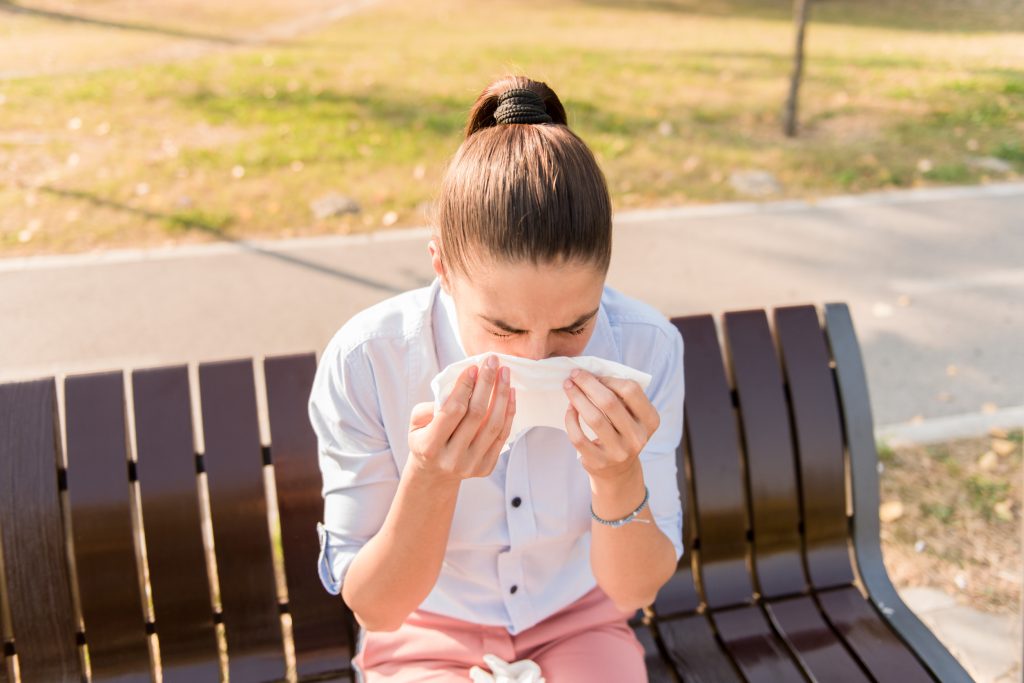
Summer often feels like a time of vibrant health, with sunny days encouraging outdoor activities and a general sense of well-being. Many of us let our guard down, believing that the warm weather provides a natural shield against illness. However, this relaxed mindset can lead us to believe common summer myths that do more harm than good. Understanding the truth behind these misconceptions is crucial for staying healthy and making the most of the season. This article will debunk seven prevalent summer myths about sickness, ensuring you’re equipped with the facts to protect yourself and your loved ones from preventable health issues.
1. You Can’t Get Sick in the Summer
Many people associate sickness with cold weather, but germs don’t take a summer vacation. While influenza viruses peak in the winter, other viruses, like enteroviruses, thrive in warmer temperatures and can cause cold-like symptoms. These illnesses are just as contagious and can easily spread at crowded summer venues like pools, festivals, and amusement parks. It’s essential to maintain good hygiene, such as frequent hand washing, no matter the season. Believing you are immune to illness during this season is one of the most dangerous summer myths.
2. Chlorine Kills Everything in a Pool
A dip in a cool swimming pool is a classic summer pleasure, but it’s not a sterile environment. While chlorine is effective at killing most germs, it doesn’t work instantly, and some resilient pathogens can survive for days. Recreational water illnesses are often caused by germs like Cryptosporidium, which can cause severe diarrhea and is highly resistant to chlorine. To stay safe, avoid swallowing pool water and try not to get in if you’re already feeling unwell. This is one of those summer myths that can directly lead to a very unpleasant illness.
3. You Only Need Sunscreen on Sunny Days
One of the most persistent summer myths is that sunscreen is only necessary on bright, sunny days. The truth is that up to 80 percent of the sun’s harmful UV rays can penetrate through clouds, haze, and fog. This means you are still at risk of sunburn and long-term skin damage even on overcast days. Sunscreen should be a daily habit, applied generously to all exposed skin about 30 minutes before you go outside. Protecting your skin is a year-round commitment, not just a sunny-day consideration.
4. A “Base Tan” Protects You from Sunburn
Some people believe that getting a “base tan” early in the season will protect their skin from burning later. However, any tan is a sign of skin damage, indicating that your skin has been injured by ultraviolet radiation. A base tan provides a sun protection factor (SPF) of only about 3, which is nowhere near the minimum recommended SPF of 30. Relying on a tan for protection creates a false sense of security and increases your cumulative sun exposure. This is a critical misconception to abandon for your long-term health, as there is no such thing as a safe tan.
5. Drinking Alcohol Keeps You Hydrated
Reaching for a cold beer or a frozen margarita on a hot day might feel refreshing, but it’s actually counterproductive for hydration. Alcohol is a diuretic, which means it causes your body to lose more fluid through urination, increasing the risk of dehydration. When you’re sweating in the summer heat, you’re already losing essential fluids and electrolytes. Combining that with alcohol consumption can quickly lead to dehydration, heat exhaustion, or even heatstroke. Stick primarily to water or electrolyte drinks to stay properly hydrated.
6. Food Poisoning Is Only From Restaurants
While we often hear about food poisoning outbreaks linked to restaurants, your summer barbecue can be just as risky. Foodborne bacteria like Salmonella and E. coli thrive in warm temperatures, making outdoor gatherings a prime environment for them to multiply. Common mistakes include using the same utensils for raw and cooked meat, leaving perishable dishes like potato salad out in the sun for too long, and not cooking burgers to a safe internal temperature. Adhering to food safety at home is just as important as choosing a clean restaurant. Ignoring these risks is one of the summer myths that can ruin a perfect get-together.
7. You Don’t Need Bug Spray During the Day
Mosquitoes are often considered a dusk or nighttime nuisance, but this isn’t always the case. Some of the most aggressive mosquito species, like the Asian tiger mosquito which can transmit diseases like Zika and dengue, are most active during the day. Ticks, which can carry Lyme disease, are also active whenever the temperature is above freezing, patiently waiting in grassy or wooded areas for a host. Therefore, applying an EPA-registered insect repellent is a smart move whenever you’re spending extended time outdoors, regardless of the time of day.
Staying Healthy All Season Long
Believing these common summer myths can unfortunately lead to unexpected illness, spoiling what should be a carefree time of year. By understanding the real risks associated with sun exposure, water activities, and outdoor gatherings, you can take informed and effective precautions. True seasonal wellness isn’t about avoiding fun; it’s about being smart so you can enjoy everything the season has to offer without interruption. Make this a summer of fun and good health by replacing fiction with fact. Being proactive is your best defense against seasonal sickness.
Which of these summer health myths did you used to believe? Share your thoughts and any other summer tips in the comments below!
Read More:
7 Common Summer Illnesses and How to Spot Them
9 Ways to Stay Cool and Healthy During Summer Heatwaves
The post 7 “Summer Myths” About Sickness That Could Make You Ill appeared first on Budget and the Bees.







